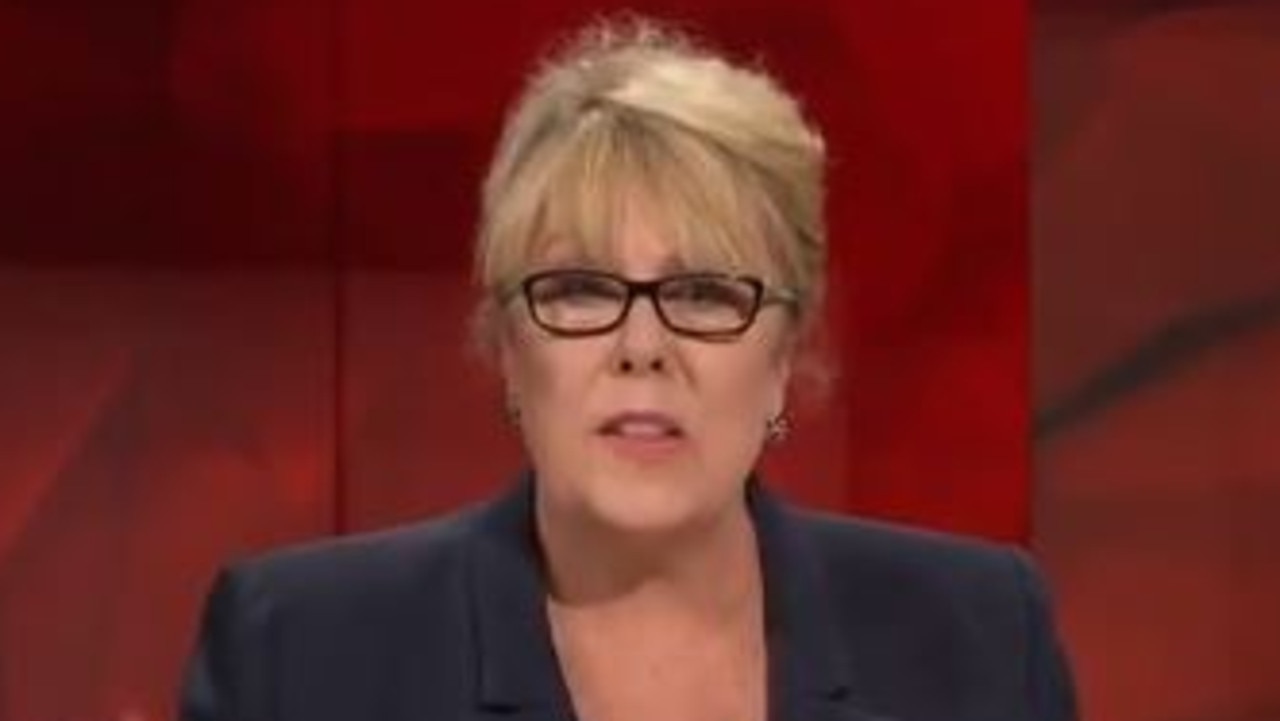Nine-WIN deal: Bruce Gordon’s secret payment sealed agreement
Bruce Gordon agreed to a secret payment to top up fees paid by WIN Corp to its affiliate partner Nine Entertainment.

Billionaire media proprietor Bruce Gordon agreed to a secret payment from a private investment company to top up fees paid by WIN Corporation to its metropolitan TV affiliate partner Nine Entertainment Co.
WIN, owned by Mr Gordon, and Nine were locked in high-stakes negotiations about the renewal of their affiliate deal at the end of last year.
In the previous deal, WIN paid Nine 39 per cent of its TV revenues to broadcast its content, which includes premium sports such as Rugby League and cricket, into regional areas and refused to pay more than that throughout the negotiations.
It’s understood an additional payment from Mr Gordon’s Birketu investment firm to Nine was critical to getting a deal over the line, with WIN continuing to pay 39 per cent of its revenues in the six-month agreement.
The last-minute deal signed on New Year’s Eve narrowly averted WIN’s services “going black” at midnight, which would have forced regional TV viewers to watch the rest of the summer of cricket on SBS2.
It means Nine will be paid a fixed rate, which is equivalent to 47 per cent of WIN’s revenues in the current regional free-to-air advertising market, although the percentage figure will fluctuate with movements in the market.
However, Nine has also agreed to invest in WIN’s marketing and news services as part of the deal, which would reduce the effective affiliation rate.
News of the Birketu payment appears to clear up contention around the total affiliate payment.
Credit Suisse published a broker note last week that stated the payments to Nine were equivalent to 47 per cent of WIN’s revenue, while others have maintained that WIN is only paying 39 per cent.
Mr Gordon has used Birketu to invest in many listed companies, including Ten Network Holdings and Nine Entertainment Co.
Mr Gordon is the biggest shareholder in Nine and Ten and the investments leave him well placed ahead of the Turnbull government’s anticipated deregulation of the media sector.
The government is expected to abolish the reach rule, which prevents mergers between metro and regional free-to-air TV businesses, and the two-out-of-three rule that prohibits any operator owning a newspaper, TV station and radio station in the same market.
Nine has been linked to potential mergers with WIN and its regional rival Southern Cross Media Group, which owns a regional TV network broadcasting mostly Ten Network Holdings’ content, as well as metropolitan and regional radio businesses.
Nine and WIN’s six-month affiliation deal will expire at the same time Ten’s agreement with Southern Cross is due to end in June, meaning a number of potential merger combinations will be on the table.
Credit Suisse analyst Lucas Goode and his team believe Nine would not pay more than $1.20 a share for Southern Cross, which reflects a 17.6 per cent premium to the company’s $1.02 closing price on Friday.
Mr Goode pointed out that the uptick in payments reaped by Nine in its recent WIN affiliate deal means the potential upside for Nine from switching Southern Cross’ regional TV signal to its own — from Ten Network’s signal — has been diminished.
Then there is the question of board representation for Mr Gordon at Nine and Ten.
Nine had wanted to put off talks around a board seat until after the conclusion of the affiliate talks.
Ten has taken a hard-line stance, believing there would be a clear conflict of interest, with Mr Gordon holding a seat on its board while also owning a significant stake in metro free-to-air rival Nine.



To join the conversation, please log in. Don't have an account? Register
Join the conversation, you are commenting as Logout